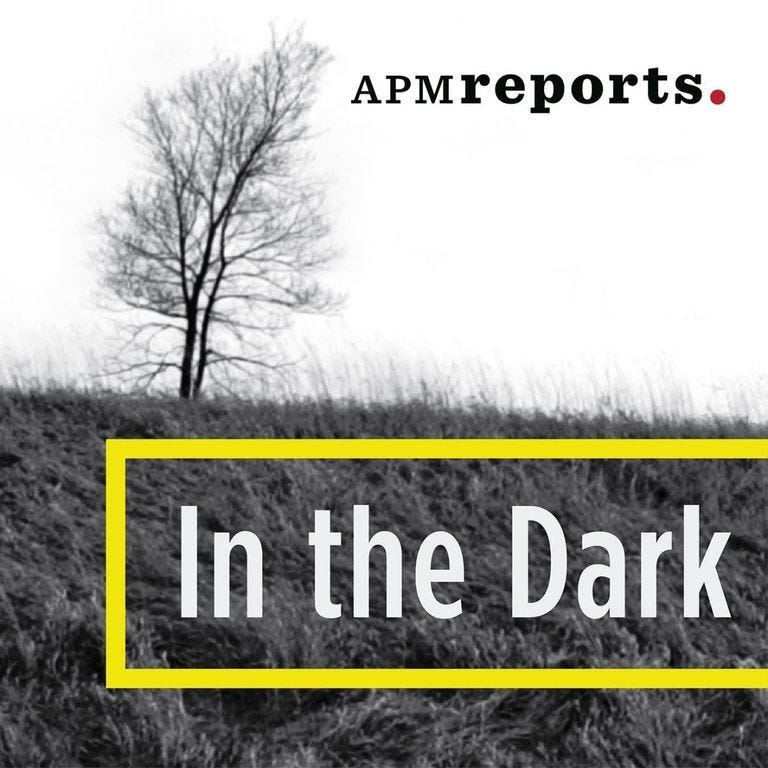Podcast Review: In the Dark
Journalism is a tough racket. It always has been and it’s been made even more so with the explosion of the digital world, the never-ending…
2.19 UPDATE: The season two story of Curtis Flowers heads to The Supreme Court for oral arguments. Four new episodes of In the Dark will begin on March 19.
Journalism is a tough racket. It always has been and it’s been made even more so with the explosion of the digital world, the never-ending media conglomeration and the polarization of political ideology.
Today’s news appears to exist only in two worlds, one serves as propaganda and the other as a weak platform for resistance. Neither is ideal. Neither is representative.
Because traditional news media has become more interested in distorting truths, money and ratings, finding objective or well-informed news on-line, in two-minute segments on television or attempting to extrapolate any significance from the braying panels on cable news networks is a Sisyphean task.
Unwilling to be sent out to pasture, investigative journalism has had to find a new home. Enter podcasts, the last bastion of long form investigative journalism.
Because the volume of podcasts is overwhelming, how do you find one that’s good? I can help.
The 2016 Peabody Award winning podcast In the Dark, produced by American Public Media and narrated by Madeline Baran, is an excellent example of important and powerful investigative journalism. The award-winning first season investigated the abduction of Jacob Wetterling and season two examines the trials (quite literally) of Curtis Flowers. Flowers has been tried six times, by the same prosecutor, District Attorney Doug Evans, for the same crime.
Curtis Flowers is black. Doug Evans is white. Sadly, that’s important.
Oh, and it’s a capital case.
In short, Curtis Flowers was convicted of murdering four people in Winona, Mississippi in July of 1996. The initial trial resulted in a guilty verdict, which was overturned due to prosecutorial misconduct that violated Flowers rights.
The ensuing trials resulted in two more convictions, each overturned by the Mississippi Supreme Court, two mistrials and the final trial, in 2010, returned a guilty verdict; by a majority white jury.
They imposed the death sentence.
However, in June of 2016, the US Supreme Court remanded the Curtis Flowers case to lower courts in order to be reviewed for racial bias during jury selection.
As I listened to the Flowers story unfold, I was godsmacked (perhaps naively) that this sort of malfeasance still existed (maybe I’m not cynical enough?). There are jailhouse confessions; flagrant witness tampering, witnesses recanting, prosecutorial absolution for felonies in exchange for blatant perjury and in episode seven, unsettling data about the racial makeup of the juries in each trial. To call it biased is an understatement.
In the era of media blowhards and media conglomeration, investigative journalism is important and relevant, perhaps even more so. Although you wouldn’t know that if you relied only on network or cable news.
As what remains of our democracy hangs in the balance, as our attention span shrinks and as our tolerance for deceit expands, investigative journalism is more critical than it’s ever been. Seek it out.
Is In the Dark worth your time? Yes.
In the Dark, season two, concludes on July 3, binge online or download wherever you get podcasts.
Originally published at TheLatest.com, June 24, 2018.





